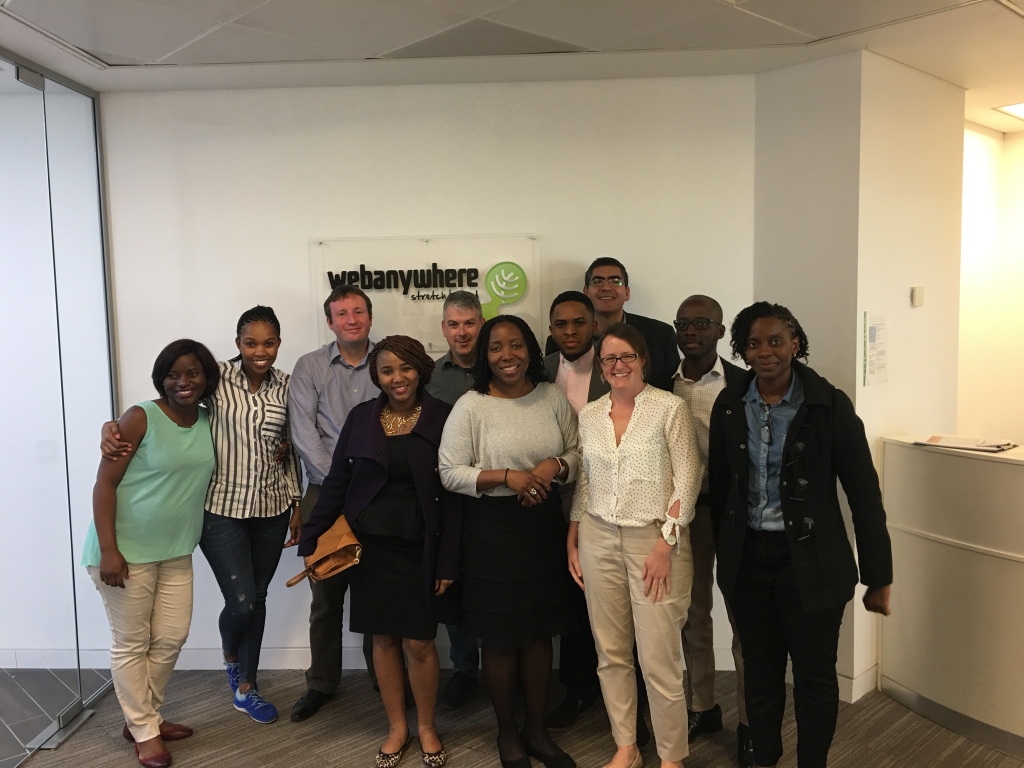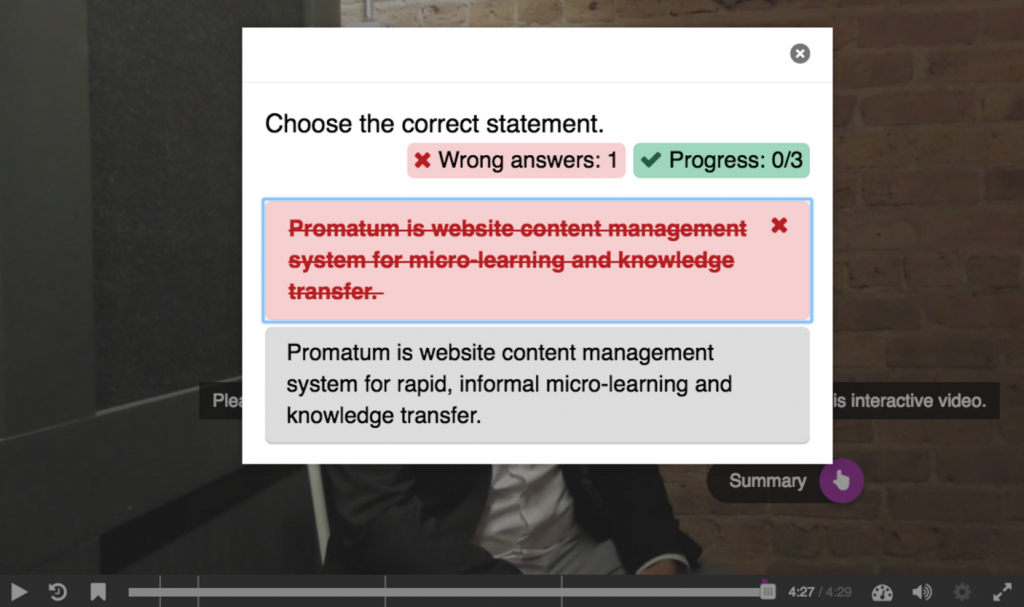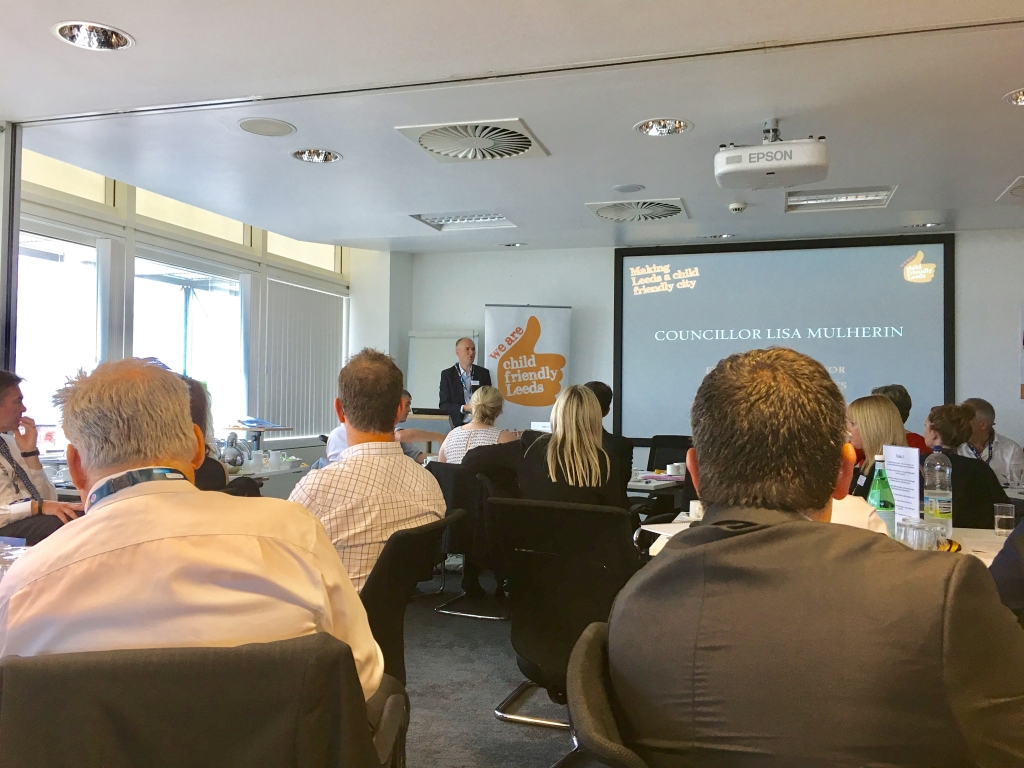Webanywhere were delighted to attend an EdTech panellist event hosted by Ward Hadaway as part of Leeds Digital Week.
After welcome pizza and drinks, Gareth Yates – partner at Ward Hadaway and host for the evening – kicked off the debate focusing on Education Technology in Leeds, the opportunities and challenges in the field and what the future holds.
People joining myself on the panel were:
- Steven Hope – Technology Enhanced Learning Manager – Leeds City College
- Tim Mercer – CEO of Vapour-Cloud.
After a short introduction of each panel member and general questions of the panels’ motives for starting in the EdTech business, Gareth opened the floor for general questions.
How do you involve teachers in your development plans?
At Webanywhere we hire ex teachers and gain feedback to influence product roadmaps so products are fit for purpose and useful. We believe in a co-creation to coming up with technology to ensure amazing learning experiences.
Teacherpreneurs + techies + sales = EdTech business with scale.
How does implementation affect the use of EdTech products/services?
The panel agreed that implementation was of key importance in order that schools gain a return on their investment on software and hardware procurement.
As teachers have varied levels of digital skills, you need to look at the lowest common denominator in terms of teacher training. Non tech savvy teachers do need hand holding if they are to be successful.
There was a general discussion about taking the learning to the student be it on their mobile, playstation and making the learning experience awesome. Digital education in schools needs to catch up with what is out there in the consumer marketplace as quite often our personal computers and apps are more advance than what’s in the classroom.
Tim Mercer highlighted that at the moment, for children who have serious illnesses or can not attend school 1 to 1 teacher, face to face tuition is provided. The panel were incredulous that with all the technology out there, why was this prohibitively expensive method of learning still deployed? Suggestions were made that the use of digital technology would benefit students in this case through the use of lessons via video as a smarter way of engaging distant students.
What is the future of EdTech?
Several key ideas arose from a discussion of the future of EdTech which was thrown out to the panel and audience:
- Virtual Reality;
- Conversation as a Platform – Amazon Alexa, Google Home etc;
- The Internet of Things including the connected home and how this could enable improvements in learning outcomes; and
- Machine learning and analytics.
Following the final point, JISC’s release of a learning analytics projects was cited. However, LMS analytics for improving learning outcomes and interventions are only useful if the learning platform is used and therefore data can be aggregated for analysis. This means the content and the learning experience has to be highly engaging to ensure there are lots of students logging on.
Who did we chat to?
Among many of the startups present, we got chatting to:
- Chatta who use audio technology to help children accelerate their language skills.
- Planet Bofa – an online personalised platform for learning Maths.
- Jack Cherry – helping kids get through their SATs using Emotional Intelligence
After an interesting evening with full attendance and most of the pizza eaten and beer drunk, it seems that the Leeds Digital Festival and EdTech in West Yorkshire are booming!









